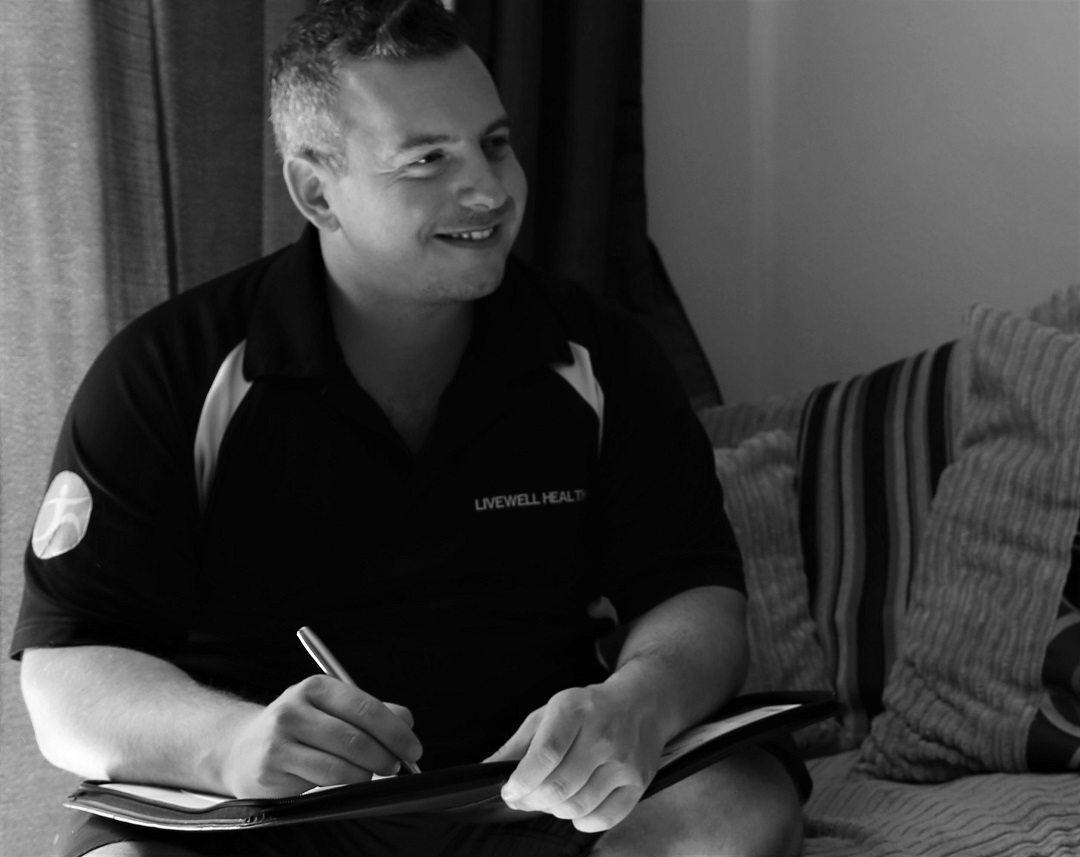When Back Pain is Serious: Red Flags to Watch Out For
Introduction
Back pain is a common issue that affects millions of people worldwide. In most cases, it results from muscle strain, poor posture, or lifestyle habits and resolves with rest, exercise, or hands-on therapies. However, there are times when back pain signals something more serious that requires immediate medical attention.
Knowing the red flags of serious back pain can help you identify when it’s time to seek help and prevent more significant health issues. In this article, we’ll discuss the warning signs to watch for, possible underlying conditions, and what steps to take if you experience these symptoms.
Understanding When Back Pain is “Serious”
Back pain typically falls into two categories:
- Acute Pain: Sudden pain that lasts for a few days to weeks, often caused by injury or strain.
- Chronic Pain: Persistent pain lasting more than 12 weeks, often due to underlying conditions.
While most cases of back pain are manageable with lifestyle adjustments or professional therapies, some symptoms signal an urgent problem. These “red flags” require prompt medical evaluation to prevent long-term complications.
Red Flags for Serious Back Pain
If you experience any of the following symptoms alongside back pain, it’s crucial to seek medical attention immediately:
1. Pain Accompanied by Numbness or Weakness
- Numbness, tingling, or weakness in the legs, feet, or buttocks can indicate nerve compression or damage.
- Conditions like sciatica or spinal stenosis can cause these symptoms when nerves in the spine are compressed.
- Related Article: Sciatica Pain: Symptoms, Causes, and Treatment Options
2. Loss of Bladder or Bowel Control
- Sudden difficulty controlling your bladder or bowels is a medical emergency.
- This may indicate cauda equina syndrome, a condition where nerves at the base of the spine are compressed.
3. Severe Night Pain or Pain That Worsens at Rest
- Pain that disrupts your sleep or worsens when lying down may be a sign of spinal tumors or infections.
4. Unexplained Weight Loss
- If you experience significant weight loss alongside back pain, it may indicate an underlying issue like cancer or infection.
5. Fever or Chills with Back Pain
- A high fever, chills, and back pain could signal a spinal infection or other systemic issue requiring immediate treatment.
6. History of Trauma
- If you recently had an accident, fall, or physical trauma, back pain may indicate fractures or structural damage.
- This is particularly concerning for older adults or individuals with osteoporosis.
7. Pain That Spreads to Other Areas
- Pain radiating to the chest, abdomen, or legs may point to serious conditions like an aortic aneurysm or kidney stones.
8. Persistent or Worsening Pain
- Pain that does not improve with rest or treatments such as physiotherapy or medication may indicate an underlying condition like:
- Herniated discs
- Arthritis
- Spinal stenosis
- Related Articles:
What Could Be Causing Serious Back Pain?
Some of the underlying conditions that trigger these red flags include:
- Herniated or Bulging Discs: Disc material pressing on spinal nerves can cause severe pain and neurological symptoms.
- Spinal Infections: Conditions like osteomyelitis or abscesses can cause pain, fever, and chills.
- Spinal Fractures: Traumatic injuries or weakened bones (osteoporosis) can lead to fractures in the spine.
- Tumors: Benign or malignant tumors in the spine may compress nerves, causing pain and other symptoms.
- Cauda Equina Syndrome: Compression of spinal nerves, which requires emergency treatment to prevent permanent damage.
What to Do If You Spot These Red Flags
If you experience any of the above warning signs, don’t delay—take the following steps:
- Seek Immediate Medical Attention: Contact your GP, physiotherapist, or visit an emergency room.
- Avoid Self-Treatment: While exercise and stretching can help with general back pain, red flag symptoms require a diagnosis first.
- Document Your Symptoms: Note when the pain started, how severe it is, and any associated symptoms (fever, numbness, etc.).
Preventing Serious Back Pain
While some conditions are unavoidable, adopting healthy habits can minimize your risk:
- Maintain Good Posture: Avoid slouching while sitting, standing, or lifting objects.
- Related Article: Back Pain and Posture: How Poor Posture Impacts Your Spine
- Exercise Regularly: Focus on strengthening core and back muscles to support the spine.
- Related Article: The Role of Exercise and Stretching in Back Pain Relief
- Stay Active: Avoid prolonged sitting and take breaks to move and stretch.
- Seek Professional Care Early: If you notice persistent or worsening pain, consult a healthcare professional.
When to Visit Livewell Health
At Livewell Health, we specialise in diagnosing and managing back pain through tailored treatment plans. Whether you’re dealing with persistent discomfort, nerve compression, or recovering from an injury, our team of sports therapists, physiotherapists, and recovery specialists are here to help.
Our services include:
- Postural Assessments to identify imbalances
- Sports Massage and Deep Tissue Massage to relieve muscle tension
- Medical Acupuncture and Cupping Therapy to improve circulation and reduce inflammation
- Taping and Physiotherapy to provide support and rehabilitate injuries
Related Articles
To better understand your back pain and how to manage it, explore our other articles:
- Lower Back Pain: Causes and Solutions
- Upper Back and Neck Pain: What You Need to Know
- Sciatica Pain: Symptoms, Causes, and Treatment Options
- Back Pain and Posture: How Poor Posture Impacts Your Spine
- The Role of Exercise and Stretching in Back Pain Relief
Call to Action
Are you experiencing any of these serious back pain warning signs? Don’t wait for symptoms to worsen. Book an assessment with Livewell Health today, and let our team of specialists help you identify the cause, provide effective treatments, and guide you on the road to recovery.
Contact us now to take control of your back health.
Follow us on social media for recovery tips and updates:
Instagram : @LWHEALTH
Facebook : @livewellhealthuk


